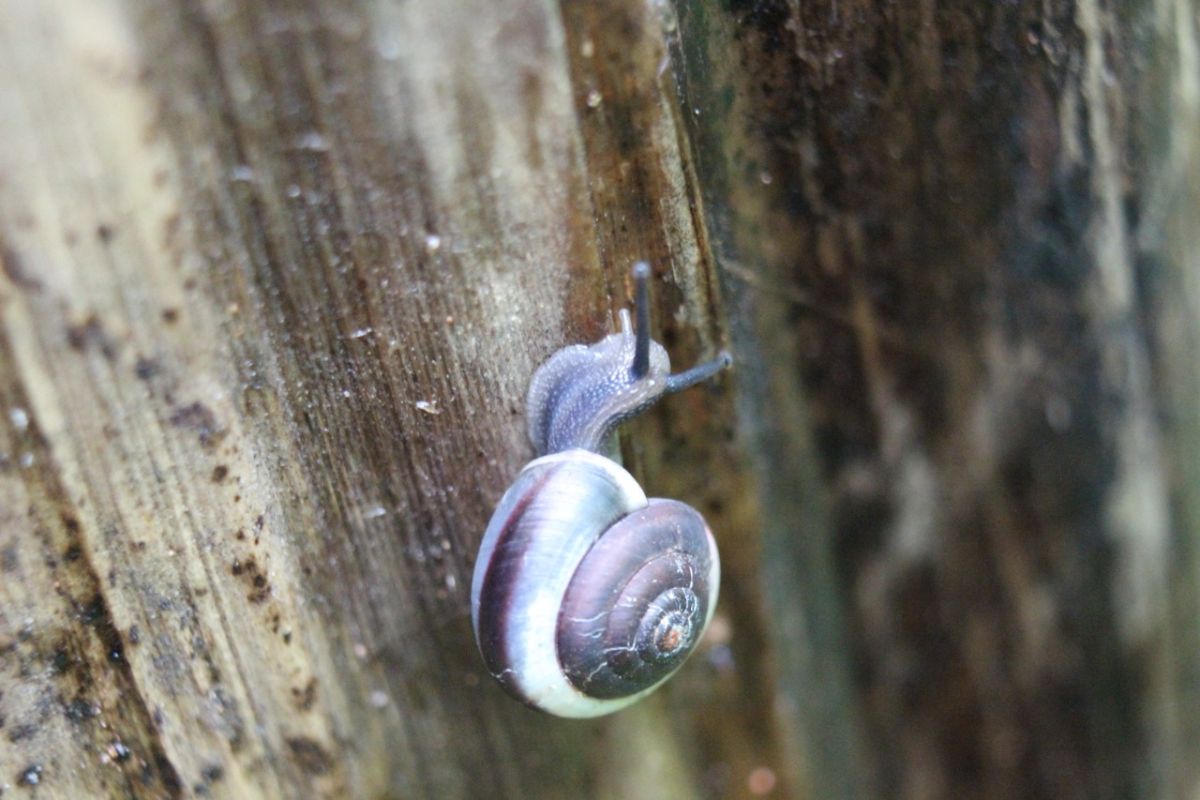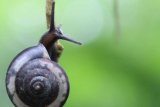Jakarta (ANTARA) - Five species of land snails in Indonesia have the potential to be used as herbal medicine, according to a researcher at the Center for Biosystematics and Evolution Research at the National Research and Innovation Agency (BRIN).
The five species are Lissachatina fulica, Amphidromus palaceus, Dyakia rumphii, Pomacea canaliculata, and Filopaludina javanica.
“These five species of snails have been used in traditional medicine to treat physical wounds, asthma, and several other diseases,” said researcher Ayu Savitri Nurinsiyah in a statement on Sunday.
She explained that, based on research, people in several regions of Indonesia still use land snails for treatment, although the practice is becoming less common. The research also highlights the great potential of land snails as a basic ingredient for modern medicines.
According to Nurinsiyah, of the world's 126,316 validated snail species, more than 5,000 are found in Indonesia.
"More than 557 of these species inhabit freshwater, with 111 being endemic to the country. Additionally, Indonesia has 1,294 land snail species, of which 595 are endemic," she explained.
She added that Java Island is particularly known for its land snail diversity, with 263 species, 104 of which are endemic. This diversity is evident not only in the number of species but also in their morphological characteristics, habitats, and ecological behavior.
Baca juga: Biostimulan dari rumput laut jadi prebiotik perikanan budidaya
“There are land snails that live in dry, rocky habitats, while others prefer humid environments near rivers or waterfalls,” Nurinsiyah noted.
Beyond their ecological roles, land snails have applications in various fields, including the culinary, medicinal, and cosmetic industries. In many countries, snails are considered a valuable source of protein, with escargot being a highly prized delicacy in France.
Baca juga: BRIN explores lans slime for cosmetic development
Moreover, snail mucus possesses medicinal properties, including antibacterial qualities. It is used to treat skin diseases, such as wounds and infections, and can aid in skin tissue regeneration.
"BRIN remains committed to ongoing research and conservation efforts to preserve Indonesia’s snail diversity and ensure its sustainable use for the benefit of society and the environment," she said.


